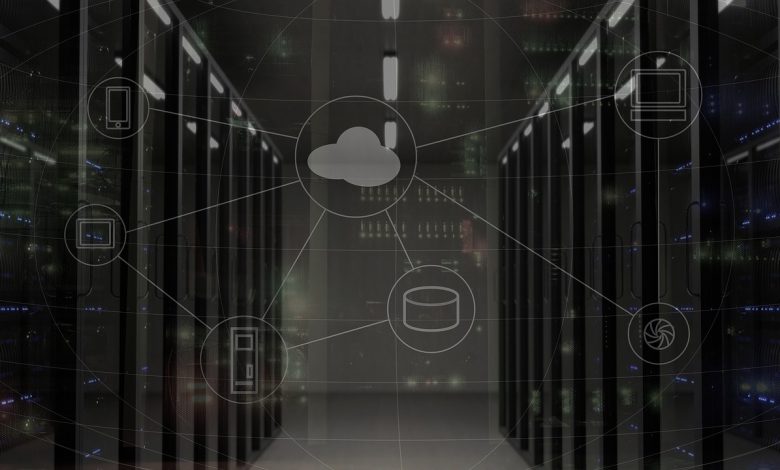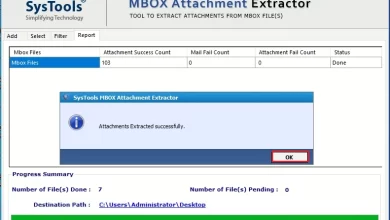Expert Given Top 10 Research Topics on Cloud Computing

With major giants like Amazon, Google, and Microsoft hiring workers for their cloud infrastructure, cloud computing has seen a surge in job opportunities.
Before cloud computing, enterprises and companies had to set up their own data centres, assign resources, and hire other IT professionals. All of that will add to the expense.
The cloud’s quick evolution has resulted in increased flexibility, cost savings, and scalability.
The Cloud Computing market is at an all-time high, valued at USD 371.4 billion. And it is anticipated to reach USD 832.1 billion by 2025!
It is rapidly evolving and progressively realising its commercial potential, drawing an increasing number of researchers, academicians, computer scientists, and practitioners.
During this COVID pandemic, students have to give online exam and do their assignments online using a plagiarism checker tool. These tools are based on cloud-based memory.
Cloud computing is not a single issue. But rather a collection of methodologies that make up the cloud.
The following are ten of the most popular cloud computing research topics:
Top 10 Topics for Cloud Computing Research
-
Big Data
Big data refers to significant amounts of data created in a short period by various systems.
In company-run data centres, storing such massive and voluminous volumes of data is rather inconvenient.
Furthermore, collecting insights from this data is a time-consuming process.
It takes a long time to perform and produce results. Thus, cloud is the ideal solution
Without the requirement for physical storage devices, data will go into the cloud.
In addition, some well-known public clouds offer extensive big data platforms for transforming data into useful information.
-
Cloud Cryptography
Data stored in the cloud must be protected and secured against external assaults and intrusions.
And cloud cryptography is a frequently used technology for securing data in the cloud. Because all data is secured using either encryption techniques or the concept of the private key.
It allows users and customers to use shared cloud services effortlessly and reliably.
It has the potential to render plain text illegible and restrict the view of the data being conveyed.
The best cloud cryptographic security techniques don’t slow down data flow and provide security without delaying sensitive data sharing.
-
DevOps
The phrase DevOps combines two terms: development and operations.
It has resulted in Continuous Delivery, Integration, and Deployment, minimising the gap between the development and operations teams.
Heavy applications and software require complicated and complex tech stacks that require a lot of time and effort to design and configure, which cloud computing can readily alleviate.
It provides a wide range of tools and technologies for quickly developing, testing, and deploying applications.
and discarded when no longer in use. This makes the process for development teams more streamlined and cost-effective.
-
Mobile Cloud Computing
It combines cloud computing, mobile computing, and wireless networks to give mobile consumers, network operators, and cloud computing specialists services, such as seamless and abundant computational resources.
The console is the handheld device, and all processing and data storage occurs outside of the physical mobile device.
Mobile cloud computing has several advantages, including no need for expensive hardware, longer battery life, increased data storage capacity and processing power, improved data synchronisation, and high availability owing to “store in one place, accessible from everywhere.”
The backend handles the integration and security elements, allowing for a wide range of access ways to be supported.
-
Cloud Load Balancing
It refers to the splitting and distribution of the server’s incoming load from diverse sources.
It allows businesses and organisations to manage and monitor workload or application demands by redistributing, reallocating, and administering resources across several computers, networks, or servers.
The term “cloud load balancing” refers to the process of maintaining the flow of traffic and requests across the Internet.
The server load balancing technology allows cloud-based server farms to achieve more precise scalability and accessibility.
-
Containerisation
Containerisation is a method of achieving operating system virtualisation in cloud computing.
Using remote resource procedures, the user can work with a programme and its dependencies.
In cloud computing, the container builds blocks that help with operational efficiency, version control, developer productivity, and environmental stability.
The use of containers in online services helps with data security, elasticity, and availability in cloud computing.
Containers provide several advantages over virtual machines, including a consistent runtime environment, the flexibility to run practically anywhere, and reduced overhead.
-
Cloud Security
Because the number of businesses and organisations employing cloud computing is rapidly growing, cloud security is a serious concern.
-
Edge computing
It is a more advanced and efficient type of Cloud computing based on the principle of processing data closer to the source.
Edge Computing refers to the fact that all processing will take place at the network’s edge. Rather than on a centrally managed platform or in data warehouses.
-
Cloud Deployment Model
Public cloud, private cloud, hybrid cloud, and community cloud are the four fundamentals of cloud deployment.
The infrastructure location determines each of the deployment models.
The public cloud makes systems and services available to anybody with an internet connection.
Because it is available to everyone, such as email, the public cloud may be less dependable.
Because of the access limits, it provides better security.
A hybrid cloud is an amalgam of private and public clouds, with key functions handled by the private cloud and non-critical functions handled by the public cloud.
A community cloud enables an organisation’s system and services to be accessed by a group of people.
-
Green Cloud Computing
The use of energy-efficient and hence produce economically friendly cloud computing systems is a big challenge in the cloud.
Data centres, which contain many computers, cables, air conditioners, networks, and other components, consume a lot of energy and emit a lot of carbon dioxide into the atmosphere.
Green Cloud Computing aims to make virtual data centres and servers more energy-efficient and ecologically friendly.
Cloud resources frequently consume a lot of electricity and energy, resulting in a power shortage and harming the global climate.
Green cloud computing offers ways to make these resources more energy efficient while also lowering operating expenses.
It focuses on energy management, server and data centre virtualisation, e-waste recycling, and environmental sustainability.
Parting Words,
As a result, we may use Cloud Computing to process applications remotely, outsource work, and store data in real-time.
The Cloud Computing research subjects can greatly assist in providing numerous benefits to customers and improving the cloud.
With these cloud computing studies, you can improve security and reap several benefits.





